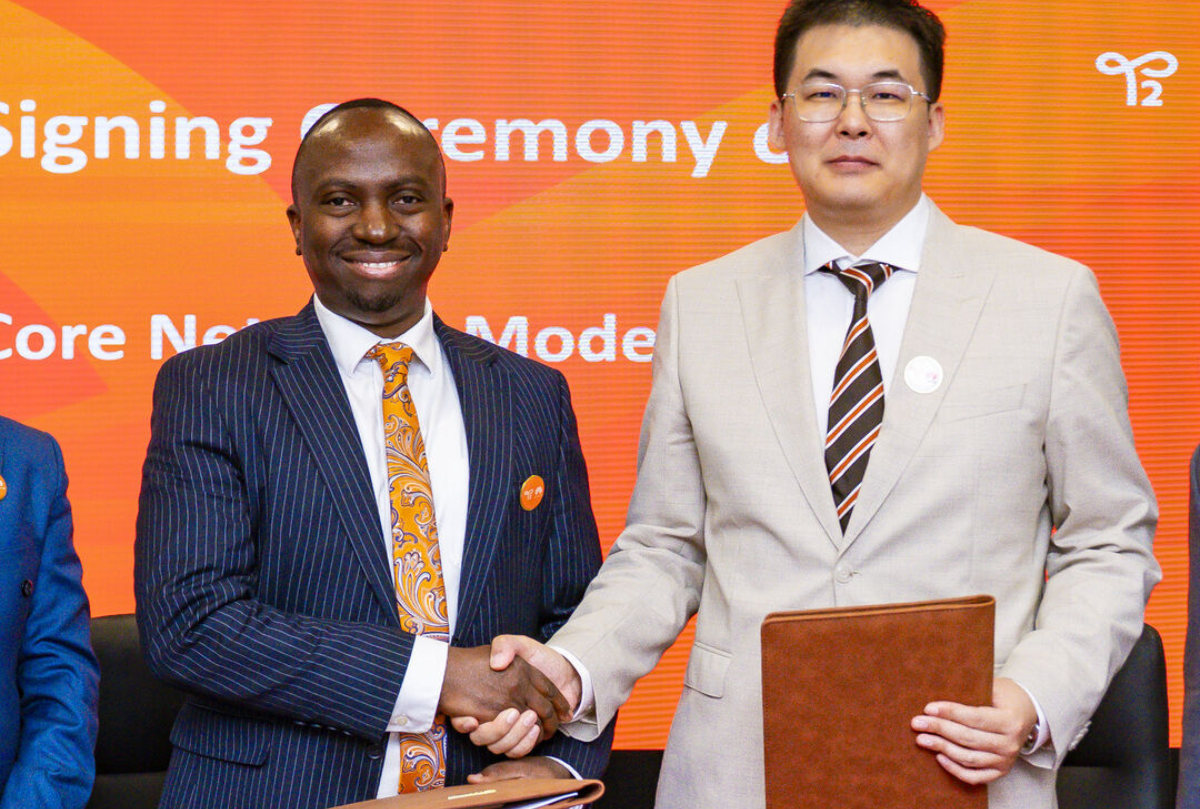T2mobile has signed a multi-million-dollar agreement with Chinese technology giant Huawei to modernise Nigeria’s core telecom network, marking a bold step in its re-entry into the country’s fiercely competitive mobile industry.
The partnership, unveiled in Lagos, is expected to strengthen network reliability, expand coverage, and improve user experience for millions of Nigerians.
T2mobile, once a familiar player in the Nigerian telecom space, has been steadily working to reposition itself under a four-stage plan: Stabilisation, Modernisation, Transformation, and Growth. The deal with Huawei is at the heart of this strategy, aimed at upgrading its infrastructure to meet the demands of a rapidly digitising economy.
Huawei, a global ICT leader with long-standing operations in Africa, will provide the technology and expertise to overhaul T2mobile’s core systems, laying the groundwork for better speed, security, and efficiency in service delivery.
A Broader Digital Economy Push
Nigeria’s telecom industry is the largest in Africa, with more than 200 million active mobile lines and an ever-growing demand for data. Yet, network quality and reliability remain persistent concerns for consumers and businesses alike.
By modernising its core network, T2mobile hopes to differentiate itself from established rivals while also contributing to Nigeria’s broader digital transformation agenda. Faster connections could power mobile banking, e-commerce, e-learning, and entertainment, all sectors that hinge on robust connectivity.
Analysts view the partnership as more than a commercial transaction. It ties into Nigeria’s drive to expand its digital economy, a pillar for job creation and innovation. Improved network infrastructure can lower barriers for start-ups, enable small businesses to scale, and provide new employment opportunities in deployment and maintenance.
Huawei’s involvement also reinforces Nigeria’s position in global ICT collaboration, though it comes amid heightened scrutiny of Chinese technology partnerships in other parts of the world.
Why it Matters
Despite its promise, the project will face hurdles. Modernising a core network requires significant capital outlay, timely execution, and large-scale technical training. Moreover, competition remains stiff. Other major players, including MTN and Airtel, have also embarked on ambitious upgrades, some in partnership with Ericsson.
Geopolitical considerations may also play a role. While Huawei has delivered large-scale projects across Africa, questions around security and long-term dependency on foreign vendors persist in policy circles.
For everyday Nigerians, the immediate concern is whether this deal will translate into more reliable and affordable services. For T2mobile, it is a gamble to regain consumer trust and carve out market share in a crowded sector.
If successful, the modernised network could serve as a foundation for next-generation innovations such as 5G and cloud-native services, placing Nigeria firmly on the path to becoming a regional digital powerhouse.
The question that lingers: will this partnership be the catalyst for a new era of connectivity, or just another corporate headline in Nigeria’s telecom history?
Talking Points
For years, Nigerians have complained about poor network quality despite paying some of the highest telecom tariffs relative to income.
T2mobile’s re-entry adds pressure on MTN, Airtel, and Glo. Healthy competition could drive down costs and raise service quality — if T2mobile delivers. Otherwise, this risks being another “big announcement” with little consumer impact.
Huawei is a proven player in Africa, no doubt. But global skepticism about Chinese tech cannot be ignored. Data security, network sovereignty, and dependency concerns are real. Should Africa be comfortable letting one foreign giant control critical infrastructure — or should local capacity be prioritised alongside these partnerships?
A stronger network underpins fintech, e-commerce, edtech, and even agriculture tech solutions. This deal could indirectly create jobs and unlock innovation. Yet, if network upgrades only benefit urban centres, rural Nigeria — where digital exclusion is most painful — could be left further behind.





